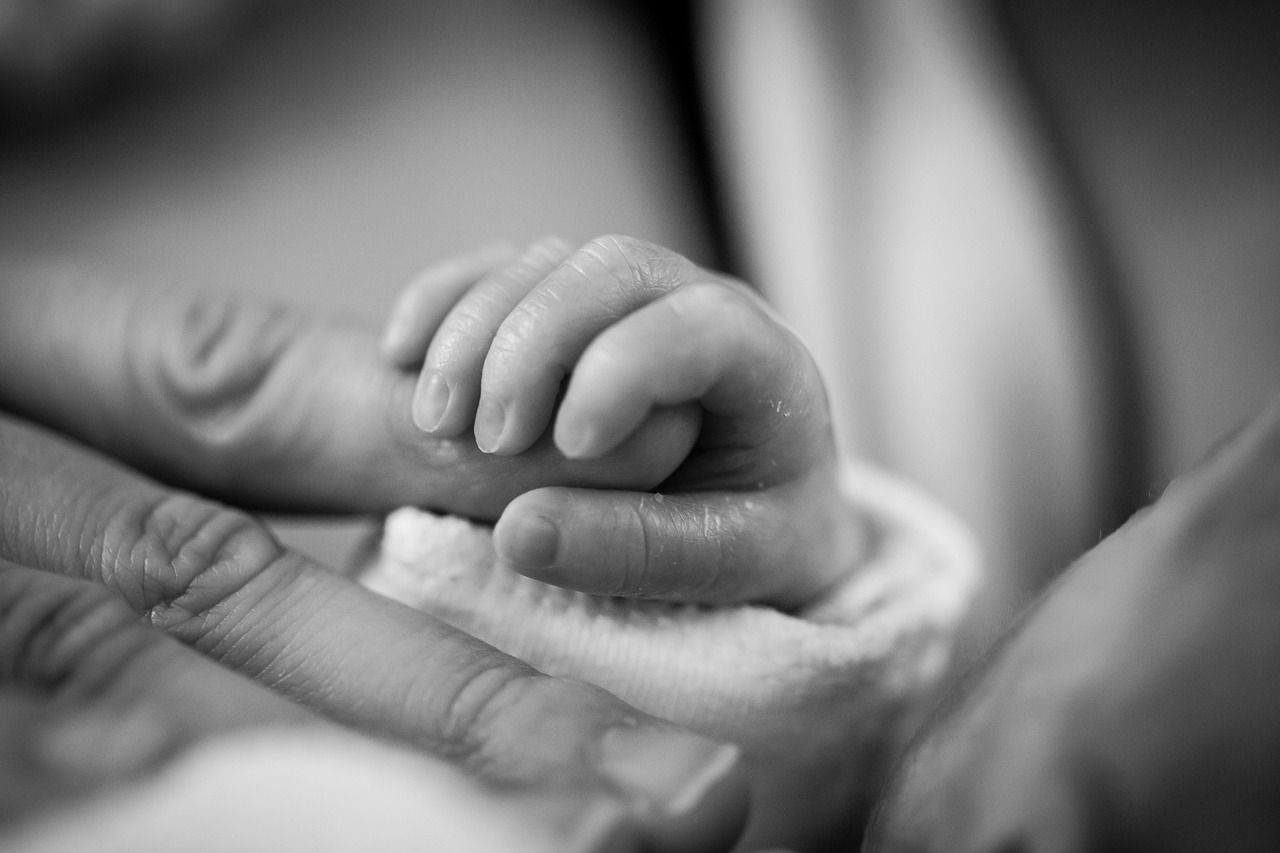
If you’ve ever Googled baby sleep at 2 a.m. while bouncing a fussy newborn, you are not alone. Sleep is one of the most common concerns for new parents, and with good reason. It affects everything, baby’s growth, your well-being, and the overall rhythm of daily life. This guide answers the most frequently asked baby sleep questions, all in one place, so you can feel more confident navigating these early months.
In the initial months, it’s common for babies to wake frequently during the night. Their small stomachs require regular feedings, which interrupt their sleep. By the age of 3 to 6 months, many infants start to sleep for longer periods, typically around 5 to 6 hours at a time. The milestone of “sleeping through the night,” often described as sleeping for 10 to 12 hours with minimal disturbances, usually occurs between 6 and 12 months, influenced by the baby’s nutritional requirements and growth milestones. Parents need to understand that sleep patterns can vary significantly between infants, and some may take longer to establish a consistent sleep schedule. Establishing a calming bedtime routine can also help facilitate better sleep as babies grow.
Tucksy Tip: Sleep is developmental. Some babies need more time than others, and that is completely normal.
Read more on how much sleep babies need by age
Babies should not sleep with loose blankets until at least 12 months of age. Loose bedding can pose a suffocation risk, especially for babies who are still learning how to move or reposition themselves during sleep.
Instead, use wearable blankets or sleep sacks that provide warmth without adding safety risks. These come in various weights for different room temperatures.
Dress your baby in one more layer than you would wear to sleep in the same room. The key is to keep them warm enough without overheating. A common setup includes a cotton footed sleeper paired with a TOG-rated sleep sack.
Check the back of your baby’s neck for temperature, it should feel warm, not sweaty. And always keep the room between 68 to 72°F (20 to 22°C) for safe, comfortable sleep.
For a full guide by season and TOG rating, see our article on “How to Dress Baby for Sleep.”
The American Academy of Pediatrics recommends placing babies on their backs to sleep until at least 12 months of age. However, once your baby can roll both ways (usually between 4 and 6 months), it is safe to let them sleep in the position they settle into.
What matters most is how you lay them down at the start of sleep, always place them on their back, even if they roll during the night.
Babies cry in their sleep for several reasons. It could be gas, hunger, a sleep transition, or just part of normal brain development. Newborns spend more time in active sleep, a lighter stage where small movements, noises, and crying are common.
If your baby cries out briefly and settles quickly, they are likely still asleep. Try waiting a moment before picking them up. Of course, if they seem distressed or continue crying, check in for feeding, diaper change, or comfort.
There are many reasons babies resist sleep. Some common causes include:
Creating a calming bedtime routine and watching for early sleepy cues (like yawning or rubbing eyes) can help.
That dreamy smile while your baby sleeps is usually a reflex. In newborns, it is often part of a brain process called “active sleep,” which includes fluttering eyelids, small twitches, and facial expressions.
As babies grow, smiling in their sleep may also reflect emotional development and early social memories. Some researchers believe these early smiles help the brain practice interactions even before babies are fully awake.
By 6 to 9 months, many babies begin to settle into a more consistent 12-hour overnight rhythm, with or without a feed in the middle. This depends on their sleep habits, feeding schedule, and whether they have learned to self-settle.
Some babies achieve a 7 to 7 pattern closer to their first birthday. Keep in mind that many will still wake once during the night for a feed or soothing, especially during regressions.
In the early months, sleep fuels rapid growth and brain development. Newborns sleep around 14 to 17 hours per day, but it happens in short stretches of 2 to 4 hours at a time. As babies grow, their total sleep needs decrease slightly, but naps and long overnight sleep continue to be essential for development.
Think of sleep as building blocks for everything else, physical growth, memory, learning, and emotional regulation.
Read more on how much sleep babies need by age
Baby sleep is a journey filled with questions, and that is okay. Every baby is different, and no single sleep schedule fits all. But by understanding the basics from safe sleep practices to why your baby smiles (or cries) at night, you can respond with confidence and care.
At Tucksy, we believe in progress over perfection. You’re doing great, and your baby is growing stronger with every snooze.
© Tucksy | Terms and conditions